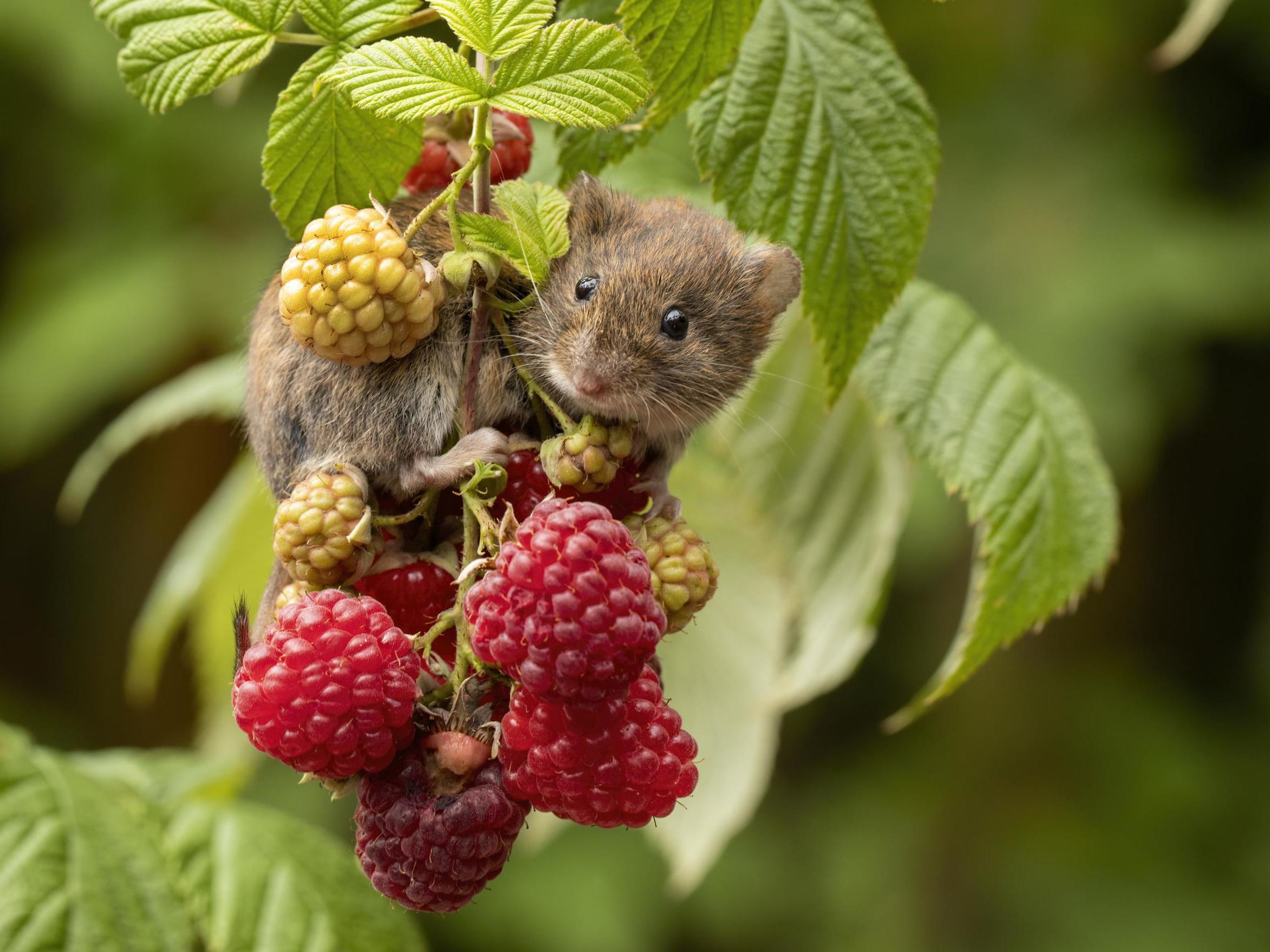All bark and no bite? Why the government’s new environment watchdog must have teeth
The new Office for Environment Protection may not be fit for its purpose, writes Phoebe Weston


There has been much talk about a green Brexit. As environment secretary Michael Gove said, leaving the EU meant not only would the UK match EU green policies, it would outclass them.
The government has now released a massive – and much anticipated – Environment Bill that will take over from EU law after Brexit.
The new regulatory body, the Office for Environmental Protection (OEP), will look at policies, investigate complaints and take legal action against any authorities breaking environmental laws.
There is lots to feel positive about – policies protecting air quality, water quality, boosting nature and dealing with plastic pollution will be backed up with legal protections for the first time.
Ensuring there is “biodiversity net gain” on housing developments; support for a “Nature Recovery Network” and the introduction of a bottle-returning scheme have been welcomed by campaigners.
Brexit will also mark an end to Europe’s controversial common agricultural policy that primarily rewards farmers for the size of land they own. Instead, farmers will be rewarded for environmental work such as protecting habitats, providing flood defences and improving water quality.
There is not much point getting too excited about this specific bill because a general election is expected to be called in the coming weeks or months. However, it is a strong indication of the direction the government is heading in and many environmental organisations are cautiously optimistic.
However, the success of the OEP will depend on whether it has as much power as the current EU system. Lots of this comes down to whether the OEP is sufficiently funded and has enough clout to hold the government to account when it’s breaking its own rules (which it seems to do frequently).
Already, there are warning signs this regulatory body might not have as much muscle as its EU equivalent.
One concern is its size. Initially it will employ just 120 people – which isn’t many when you consider the enormity of the task ahead.
Another warning sign is that unlike the EU, the OEP will not hand out fines. Jonathan Bartley, co-leader of the Green Party, said it risked looking like a “bogus watchdog” without the power to punish the government for breaching regulations.
Mr Gove said we could be “the first generation to leave the environment in a better state than that in which we found it” but the past few years haven’t given people much hope and wildlife declines have continued unchecked.
Take the cautionary tale of Natural England.
This is the government agency in charge of protecting and monitoring nature sites which has been so stripped of funding it can’t do its job properly. In the past decade, the agency’s budget has been cut by more than half.
George Monbiot commented that it was now little more than “a nodding dog in the government’s rear window”.
As a result Natural England struggles to maintain independence from the government and if the OEP isn’t taken seriously enough, it could end up in the same sorry state.
In the autumn budget, the government gave just £30m to help the country meet its 2050 net zero target. This was just 0.1 per cent of what is required, according to Britain’s biggest environmental groups, including Greenpeace and Friends of the Earth.
Such moves completely undermine the government’s legal commitment to cut greenhouse gases to net zero by 2050.
Comments about pursuing the “sustainable growth” of the aviation sector are another indication that it’s not that serious about meeting net zero. How will we know if it is serious about meeting other environment pledges?
When (if?) Brexit happens there will be many new forces to contend with. We will be under extreme pressure to agree new trade deals with countries with dodgy records when it comes to animal welfare. Pressure to get trade deals set up could mean these values are watered down.
Environmental issues are seen as more important than ever – the public wants the government to take the protection of the natural world seriously. This new regulatory body must reverse shocking declines in UK wildlife and protect our natural spaces and ensure we meet carbon pledges.
As Professor Lord John Krebs from the University of Oxford says: “A toothless watchdog will not be enough.”
Join our commenting forum
Join thought-provoking conversations, follow other Independent readers and see their replies
Comments